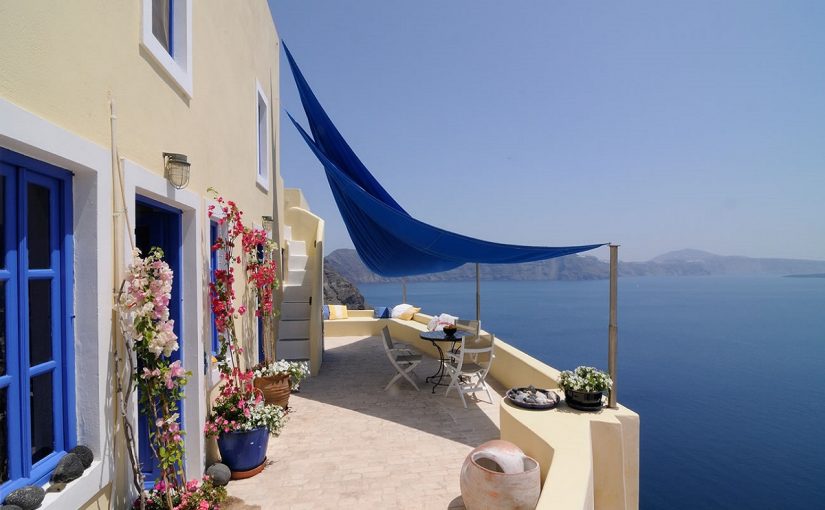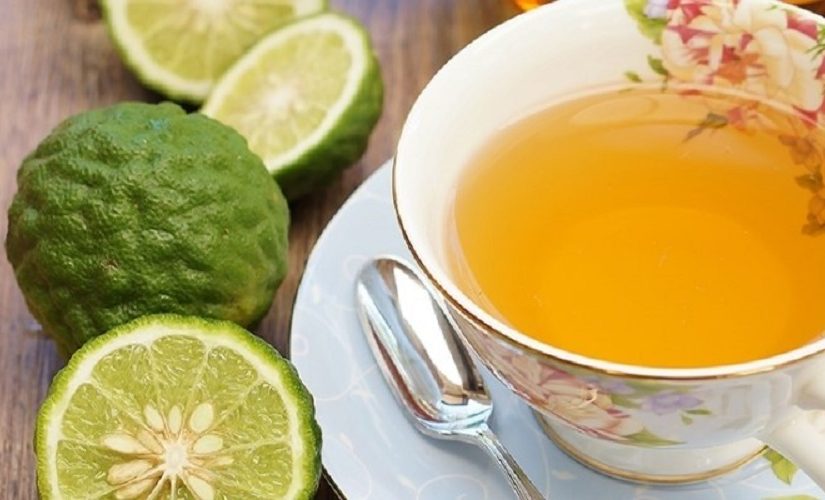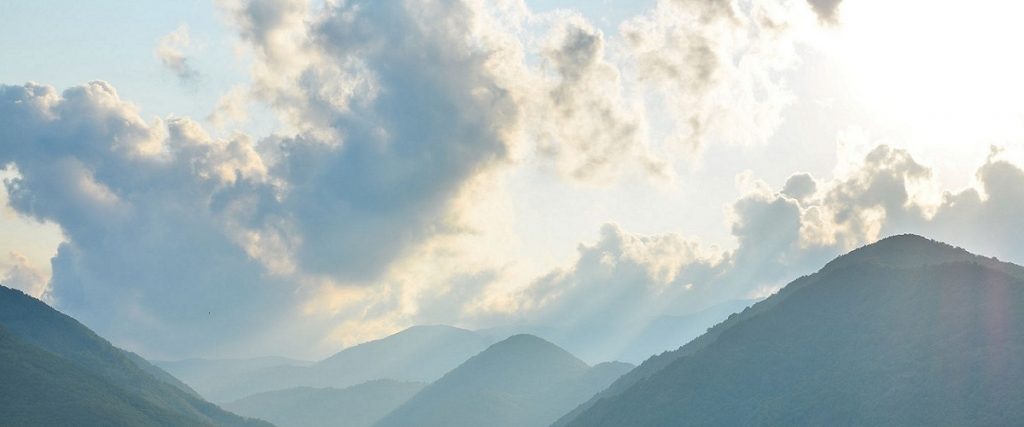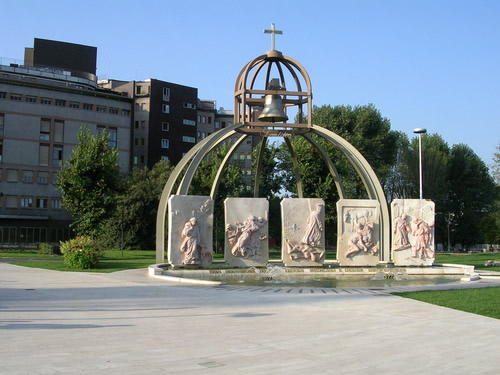27.3.2021
Calabria is a land whose even daily culture owes a lot to the Mediterranean lifestyle of the Greeks who constituted wonderful colonies here more than two and a half millennia ago.
To maintain control of navigation on the Strait and the predominance of the circulation of goods, the Chalcidians soon occupied the site of Zancle (now Messina), in Sicily, and then that of Reggio, in Calabria. The other possible route to reach the Tyrrhenian traffic from the south involved the circumnavigation of Sicily, crossing the Strait of Sicily, which was very dangerous due to the shallows (shallow waters). Syracuse’s Greeks, therefore, to guard this route too, founded Camarina, which overlooked the canal.
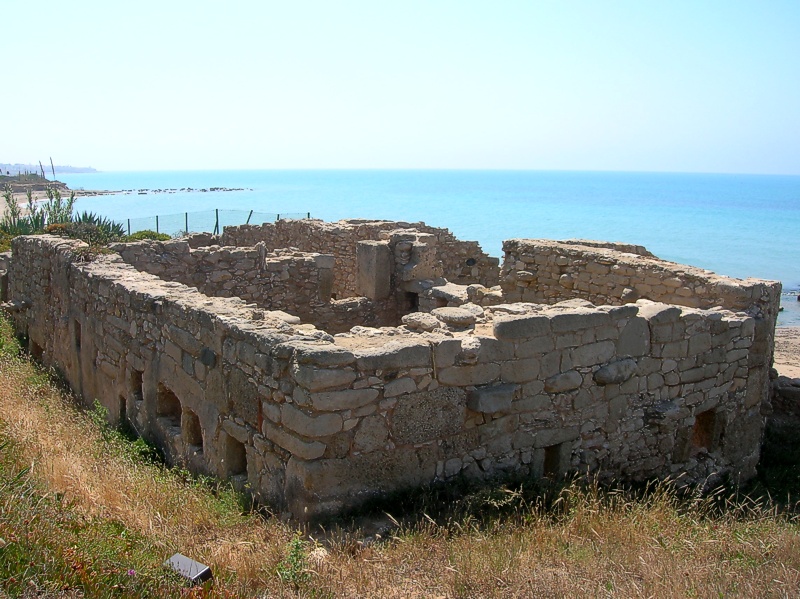
From these dark beginnings, almost 2500 years ago, the real start of one of the most splendid cultures of the Mediterranean basin, Magna Graecia, with its perennial conquests for Western and world culture: philosophy, mathematics, science, art and style of Mediterranean life …
MEDITERRANEAN LIFESTYLE, CHARACTERS COMMON WITH THE GREEK LIFESTYLE
Today as then, talking about the Mediterranean and Calabria is talking about a great civilization that has not yet exhausted its impulse toward a magnific and perennial lifestyle, even in our hectic and polluted metropolises.
A style that is attentive to the dignity of people, of everyone, old and poor, rich and children … Everyone is loved, cared for and preferred for their personal characteristics, not for the public offices they hold, but for their ability to live and to love life.
The poors share in the beauty of common living, in the grace and kindness of this poor but kind and hospitable land. If someone is part of a family he is honored as a relative and friend and if he can benefit the city, he is not hindered by the obscurity of his condition.
Everyone deals with everyone in public affairs as well as in daily activities, perhaps drawing criticism of being a bit patronizing and accommodating, but … never getting too angry with one’s neighbor, … paying obedience to power and laws, but still considering the injustice as a shame of all.
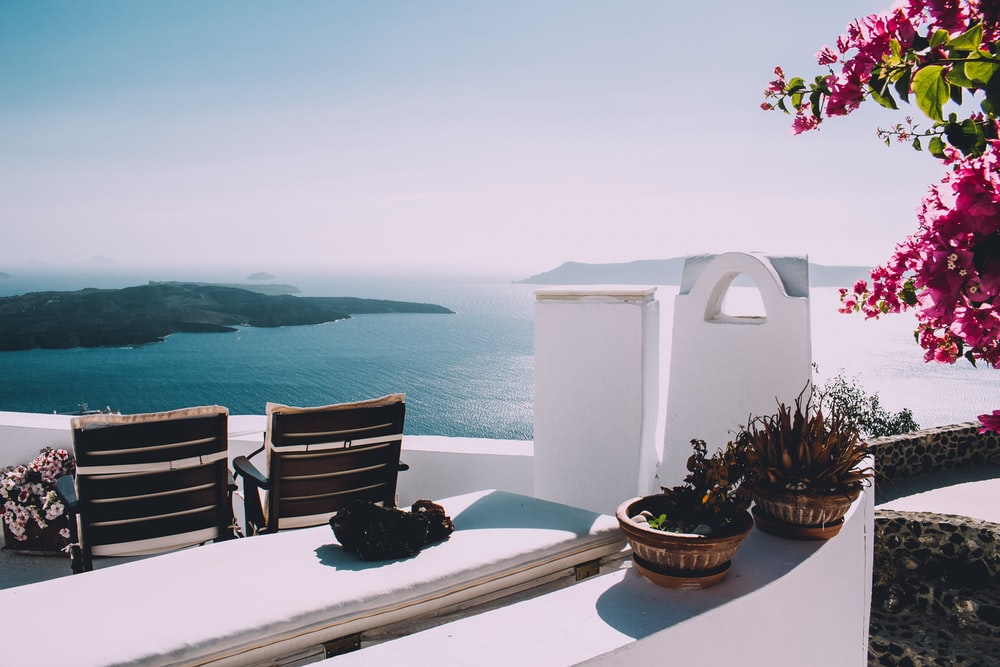
However, where the grace and kindness of the Calabrian people shines is in the attention and style in enjoying the food, the wine, the excellent fruits of the earth. In this way the Calabrians, like the ancient Greeks, procure many opportunities for recreation from fatigue, for their spirit, since festivals and ritual and religious festivals are celebrated all year round.
The houses, however poor they may be, always have some nice corner and a simple and elegant furniture, whose daily enjoyment removes discouragement from the inevitable evils of life.
The earth is kissed by the sun almost all year round and this explains why all kinds of products from the fields arrive in the city, which local craftsmanship then knows how to use in a refined and varied gastronomy.
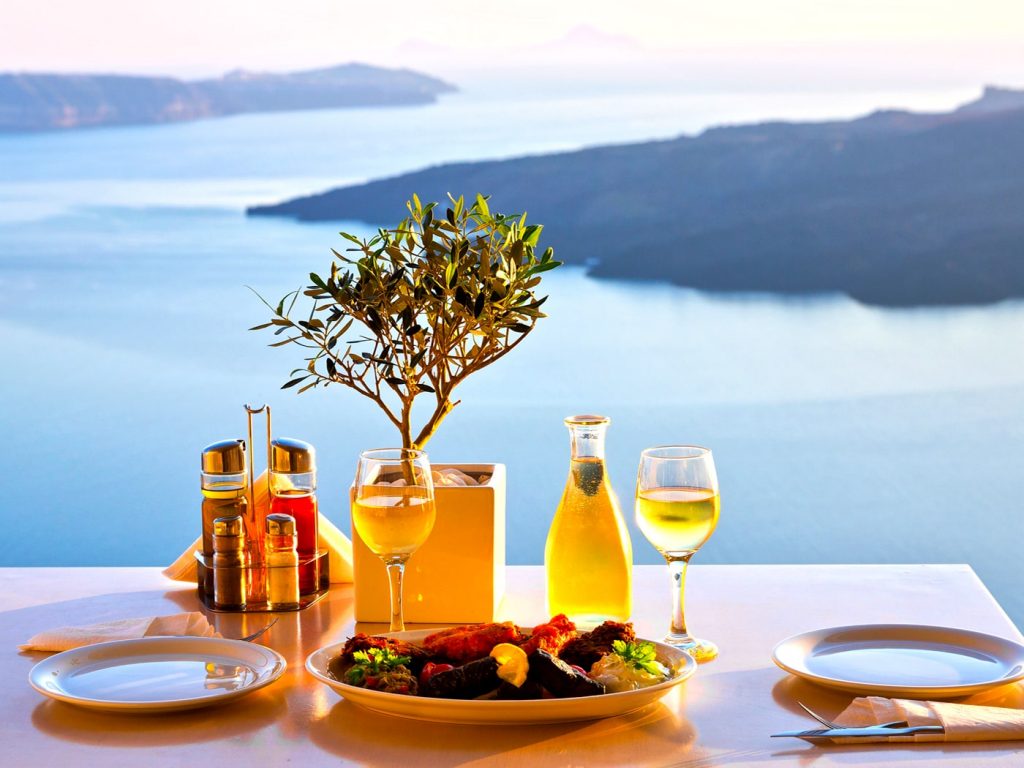
Now consider how much the description of this lifestyle is quite similar to that exposed by Pericles, in his famous epitaph to the fallen in war, about the Athenians and the Greeks in general …
[From: Thucydides, History of the Peloponnesian War, book II]
…yet in conferring of dignities one man is preferred before another to public charge, and that according to the reputation, not of his house, but of his virtue; and is not put back through poverty for the obscurity of his person, as long as he can do good service to the commonwealth. And we live not only free in the administration of the state, but also one with another void of jealousy touching each other’s daily course of life; not offended at any man for following his own humour, nor casting on any man censorious looks, which though they be no punishment, yet they grieve. So that conversing one with another for the private without offence, we stand chiefly in fear to transgress against the public; and are obedient always to those that govern and to the laws, and principally to such laws as are written for protection against injury, and such unwritten, as bring undeniable shame to the transgressors. (Book II, 37)
We have also found out many ways to give our minds recreation from labour, by public institution of games and sacrifices for all the days of the year, with a decent pomp and furniture of the same by private men; by the daily delight whereof we expel sadness. We have this farther by the greatness of our city, that all things from all parts of the earth are imported hither; whereby we no less familiarly enjoy the commodities of all other nations, than our own. (Book II, 38).
A BIT OF HISTORY: THE GREEK IN APULIA, CALABRIA, SICILY, CAMPANIA
The unparalleled importance of the Mediterranean lifestyle introduced by the Greeks in Calabria, Italy and the world, begins with the Greek colonization in this land, but also in Apulia, Sicily and Campania.
For Apulia, it all began with the search for a shelter for the routes, which the Greeks found in the other large gulf of Southern Italy, the gulf of Taranto, whose name derives from the colony of the same name founded on the Apulian coasts by the Spartans. Metaponto also arose at a distance of a few kilometers from Taranto, overlooking the gulf. In any case, despite being a territory rich in resources, not far from the motherland and suitable for cultivation, Puglia was not a happy destination for colonial expeditions, with the exception of Taranto, because it was populated by the fierce Làpigi, already well known to Mycenaean merchants.
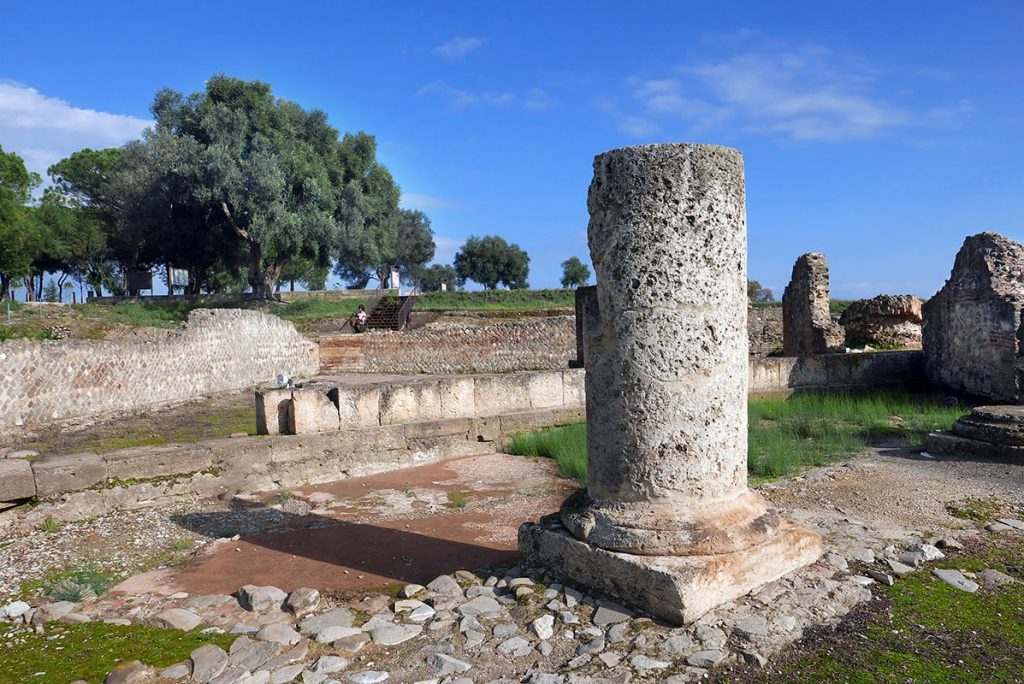
The search for fertile lands in a strategic position, on the southern coast of the peninsula, led the Greeks, therefore, to look for some safe bases in the river valleys, such as those of Calabria, in Sybaris, still considered today the oldest of the Achaean colonies . Sybaris was founded in an uninhabited area between the mouths of two rivers, in a plain suitable for agriculture but devoid of indigenous settlements due to frequent floods.
Another example is the foundation of Acragante, in Sicily, between two rivers and four kilometers from the sea: the ancients said that it had all the advantages of a maritime city.
Even more important for Greek colonization is Ischia, the first outpost in Campania for Greek merchants looking for iron and eager to sell their terracotta pots.
THE FOUNDATION OF REGGIO CALABRIA AND OF THE MEDITERRANEAN STYLE OF LIFE
The millenary history of Reggio Calabria, on the other hand, is very important for the birth of an authentically Greek lifestyle in the West and begins with its foundation as a Greek colony in the eighth century BC. The history of Reggio Calabria is even at the origins of the name Italy and its culture, the cradle of world civilization.
In fact, the locality of Reggio was called Pallantion and was inhabited by the “Itali“, a nucleus of the Sicilian people who had not crossed the Strait and had settled permanently in the territory corresponding to the current province of Reggio. They were therefore called Itali in honor of their great King Italo, son of Enotrio, as Dionysius of Halicarnassus writes; and the territory in which they were settled had assumed the geographical name of “Italy”, as confirmed by Thucydides and Virgil.
The name of Italy then included the whole of Calabria, and in Roman times it was extended to all the colonized peoples of the current Italian peninsula, who were called “Gentes Italicae“.
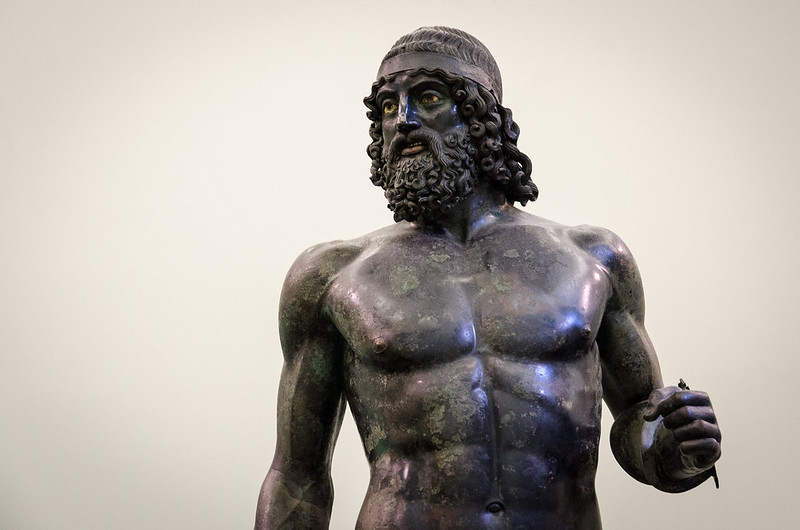
The date of the foundation of Reggio was set for July 14 in the year 730 BC. according to the studies carried out by the historians Prof. Pasquale Amato and Mons.Nunnari, confirmed by the French historian Georges Vallet, on numerous ancient historical texts, including Thucydides, it clearly emerges that around this date the Chalcidians founded the colony of Rhegion, this is also reliable considering that the boats of the era could sail in complete safety only in the spring-summer period.
The Greek historians Thucydides and Diodorus Siculus (XIII, 23) narrate how the oracle of Delphi had indicated to the colonists where to found the new city.
Following the oracle, when the settlers stopped near the promontory of Punta Calamizzi at the mouth of the Apsìas river (the current Calopinace river), having glimpsed a vine clinging to a wild fig in the locality called Pallantion (the current “fortino a mare “or” temple “), they decided to settle in that place, founding, perhaps (as mentioned), the first Greek (polis) in Calabria.
The oldest coin minted by the city testifies to the sacredness of the river, depicting a bull with a human face, which in classical iconography represents the personification of rivers.
The new city took the name of Rhegion. The term is referred in ancient sources to the verb “regnumi”, which means to break, in memory of the geological split of Sicily from Calabria. Instead, it has been argued that it derives from the proto-Italian Indo-European root “reg”, with the meaning of “chief, king”, referring to the promontory that dominated the panorama from the peninsula and which in ancient times constituted the natural harbor.
The ancient mouth of the Calopinace with the promontory of Punta Calamizzi that extended towards Sicily inspired Thucydides with words of great praise. The acroteri were the top decorations of the prestigious temples of Reggio, which in the pediment, at the three vertices, exhibited statues or images of powerful divinities, owners of the sanctuary.
The Athenian historian, Thucydides, wanted to immortalize in one sentence the beauty, grace and magnificence of the city of the strait, saying that Reggio stands as a final decoration of entire Greek Italy, overlooking its sea like a suggestive and dominant temple, as if it were the ” temple of Italy “.
Later in its history Reggio was a thriving city of Magna Graecia and subsequently an ally of Rome. Then it was one of the great metropolises of the Byzantine Empire and was under the Arabs, the Normans, the Swabians, the Angevins and the Aragonese. It was hit by a serious earthquake in 1783. It became part of the Kingdom of Naples and the Kingdom of the Two Sicilies and then passed to the Kingdom of Italy.
In 1908 it suffered the destruction of another terrible earthquake, then it was rebuilt in the Art Nouveau period but then partially damaged by the bombings of the Second World War. It grew considerably during the twentieth century but in the early 70s it was the protagonist of great regional upheavals, the consequences of which led to a dark twenty years from which, however, thanks to a series of successful administrations in recent decades, the city has notably recovered, going back to being, according to demographic, economic and tourist data, a protagonist in the Mediterranean panorama.
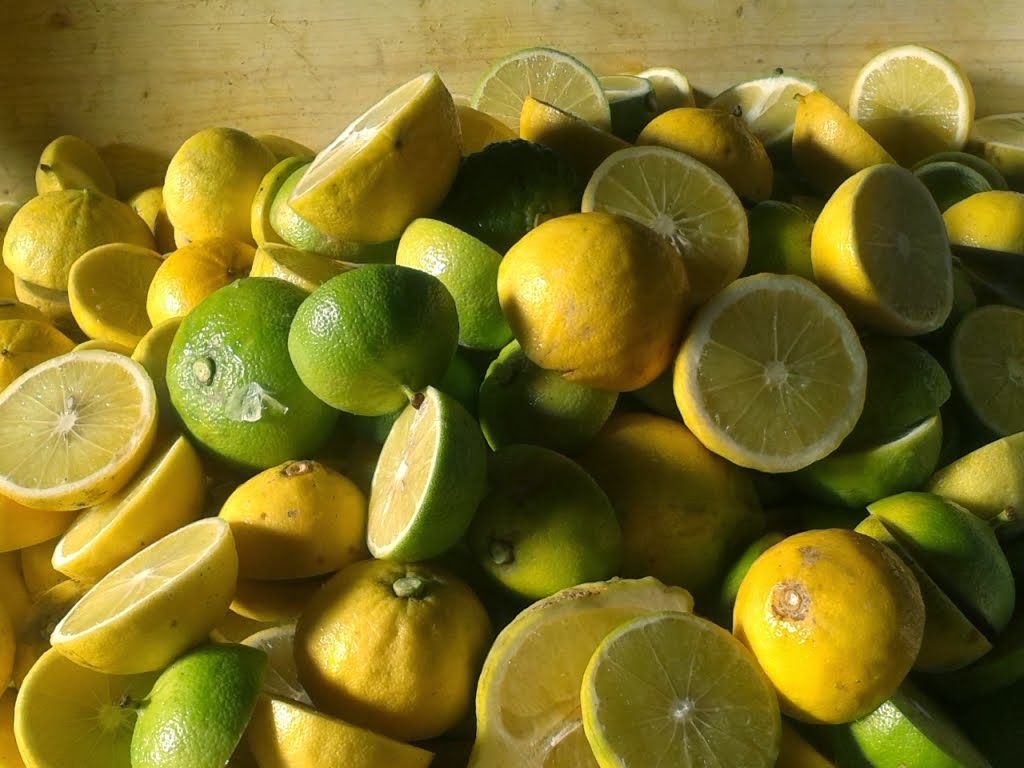
Even today, the splendid Mediterranean and Greek lifestyle and its suggestive food and wine continue to spread their scent in Italy and abroad. Reggio is still famous for its legendary stylists, the Versace family, which is from here, with its constant references to Greek modus vivendi.
Reggio also emanates the intense scent of its rich gastronomy throughout the world through the centuries-old cultivation, production and sale of Bergamot, a mysterious and very fragrant citrus fruit, a fruit that grows only near Reggio and embodies all the mysterious essence of the Greek world and its incomparable and splendid spread throughout the world withi its soft and very strong perfume.

